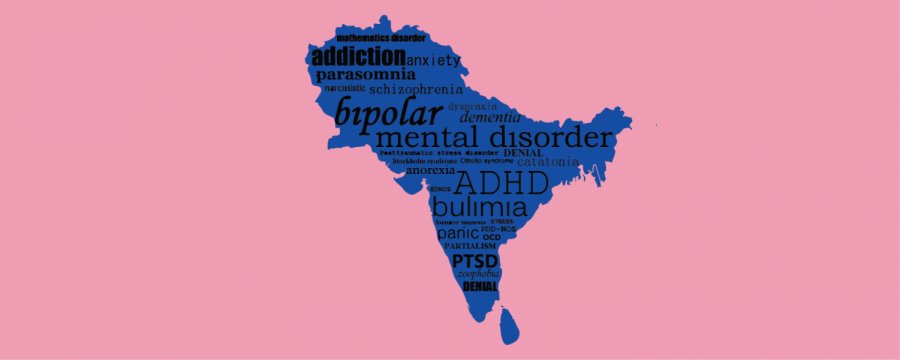Opinion | South Asian communities should prioritize mental health
Sep 30, 2019
Mental health has become an issue prevalent in our society today. Many of us have encountered hardships or just fallen victim to unfortunate genetics that have led to clinical diagnoses of one of the many mental health illnesses.
I applaud the approach our society has taken when it comes to mental health awareness. People have become more open to talking about mental health and even addressing it. The accessibility of counselors, therapists and mental health professionals on campus is great for students.
Although this is a step in the right direction, there is still a huge demographic of students that are forgotten when addressing mental health and the causes of it.
The South Asian American population on campus is largely forsaken when it comes to mental health acceptance, especially in the students’ homes. South Asian students are often pressured into pursuing STEM careers.
Growing up in a Pakistani household, I was surrounded by peers who were coerced into studying subjects that would lead them to what their parents deemed “respected careers.” Many times, these peers had no interest in these subjects but also had no choice; their career path was planned out for them.
Get The Daily Illini in your inbox!
Although my parents were accepting of the career path I chose, the respect a parent feels for a child who studies medicine remains unbeatable. Many South Asian parents believe their actions to be encouraging, and at times they can be, but it is mostly encouragement to pursue a passion that the parents would prefer.
According to The New Republic, South Asian Americans, especially those between the ages of 15-24, were more likely to develop depressive symptoms than their counterparts of different ages. This age range is extremely crucial because a lot of academic growth takes place during this time, and ideas emerge for what kind of career one would be interested in.
Despite these facts, several universities have taken the initiative to create a space for South Asians struggling with mental health, including our own.
MannMukti is an RSO at the University dedicated to addressing these issues. With the South Asian community representing a significant portion of the student population, this would be a great resource for many students on campus who may feel pressure from their families and don’t feel comfortable communicating their issues with them. While this is noteworthy progress, it has yet to solve the problem.
We want to create an accepting and compassionate generation that not only fosters acceptance for the passions of future generations, but also raises awareness for mental health in cultures that have dismissed the issue in the past.
Neshmia is a sophomore in Media.






